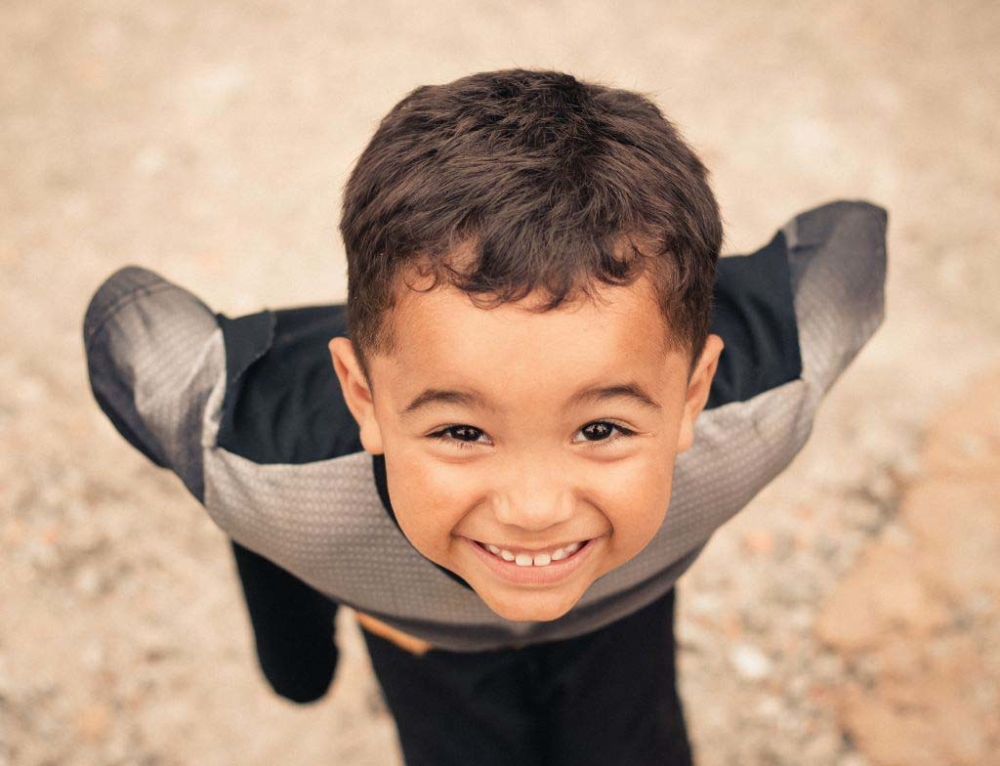- Listen to what your child tells you and don’t dismiss it. It’s important that he knows that you believe him and are taking him seriously
- Discuss with him why he thinks he’s being picked on – by working out what is making him a target; he can work on strategies to overcome the problem. Make sure he knows that you don’t think he’s being bullied because of anything he’s done.
- Don’t take any action yourself unless your child agrees – although if he’s being physically hurt, you may have to do something whether he wants you to or not.
- Help him work on some coping strategies – what he can do or say that may help his situation.
- Don’t label your child or offer reasons that he may be being bullied – he needs your support not more proof of his lack of worth.
- Encourage him to ignore any name-calling – if he’s the type of child who cries easily, try to make him understand that name-calling can’t hurt him if he doesn’t let it. He may get strength by visualising an invisible wall around him that will protect him from sharp words.
- Indulge him if he wants to take a new route to school to avoid a bully – if, by doing this, he can deal with the bully and feel safe, then you should support him.
- Contact your child’s school, if the bullying is happening there. They should have a bully policy and be receptive to your concerns.
- If you suspect that it’s your child’s lack of confidence that is making him a target, encourage his self-confidence by focussing on the things he does well.
Bullying at school:
If your child is being bullied at school, you will need to talk to contact them about it – even if your child begs you not to. All schools have clear policies regarding bullying and they should be receptive to your concerns.
- Be clear about your concerns – if it helps you to stay calm, make a list of what is happening and to whom.
- If you have names, then you must be prepared to use them. You can’t expect the school to act in your interests if you’re not prepared to name names.
- After the meeting, make sure that you know exactly what the plan of action is – what steps the school will take and who you can talk to to follow up with any concerns.
This article was written by Ella Walsh for Kidspot . Sources include SA Government’s Parenting and Child Health , Bullying No Way and Vic. Govt’s Better Health Channel
Read more on Kidspot:







Leave A Comment
You must be logged in to post a comment.